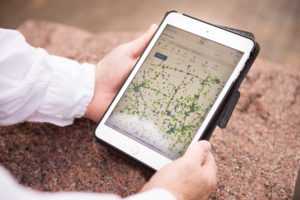The RR Program recently hired four new staff. Two are from outside the program; two are from within, accepting new assignments. They are:
South Central Region Team Supervisor: Steve L. Martin.
Steve is a trained hydrogeologist and has spent most of his 25-plus years working in the private sector. Steve has worked on a wide variety of contaminants across many regulatory programs such as CERCLA, RCRA and NR 700 and has extensive experience as a project manager and supervising teams of hydrogeologists. He’s been with the Department of Agriculture, Trade and Consumer Protection for the last four years, working on remediating sites affected by agricultural chemicals. Steve started with the agency on May 15 and is located in the South Central Region headquarters in Fitchburg.
Waste Management Engineer: Angela Carey
Angela is the engineering technical advisor for all RR program projects. She is responsible for providing assistance with planning, coordinating and evaluating engineering aspects of projects within the RR Program including evaluating alternatives for site remediation, particularly the design and construction/implementation of remedial actions, including untried, new and innovative remedial action technologies. She will also evaluate response action performance at state lead projects and conduct periodic optimization evaluations. Angela will serve as an expert for PCB/TSCA cleanups, hazardous waste requirements at cleanup sites, and RCRA Corrective Actions. She will also assist with sites in the Superfund and Superfund Alternative program. Angela’s first day with the Program was April 17.
Northeast Region Spills Coordinator: Rick Joslin
Rick started in the RR Program’s Green Bay Office in 2015 as a hydrogeologist and back-up regional spills coordinator. For the last year he’s been acting as the Regional Spills Coordinator while maintaining his responsibilities as a project manager. Rick has worked in the environmental consulting industry for the past 14 years and has been involved with projects in the agriculture, commercial, industrial, government, and solid waste practice areas. Rick’s new position was effective as of May 15.
West Central Region Spill Coordinator: Pat Collins
Pat has 38 years of experience, the last 26 of which has been as a project manager in the RR Program, with three of those years as the backup spills coordinator for the region. Pat has a BS in Soil Science, as well as post-graduate coursework in hydrogeology. In addition, Pat is a Professional Soil Scientist and a Certified Soil Tester, registered in Wisconsin. Pat’s new position was effective as of May 15.

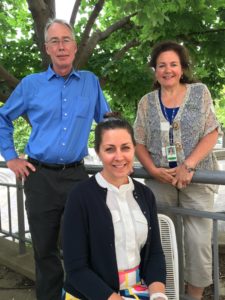
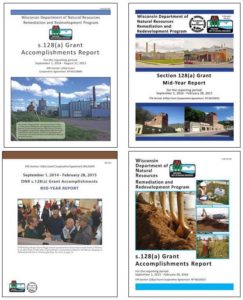
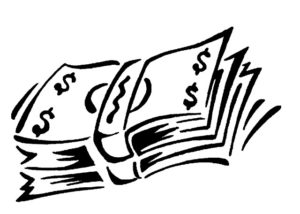 A handful of Wisconsin communities, counties and entities will put to use recent brownfields awards from the US EPA. The awards are for assessment or cleanup activities and are part of the 279 awards given to communities across the nation, totaling $56.8 million.
A handful of Wisconsin communities, counties and entities will put to use recent brownfields awards from the US EPA. The awards are for assessment or cleanup activities and are part of the 279 awards given to communities across the nation, totaling $56.8 million.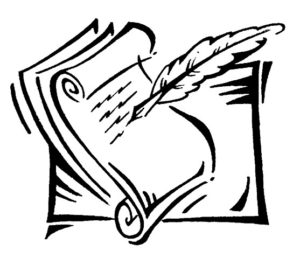 Semi-annual reporting for the period of January 1, 2017 to June 30, 2017 is due August 8, 2017. Semi-annual reporting is required of responsible parties (RPs) for all “open” sites, including those sites the DNR formerly classified as “conditionally closed,” in the BRRTS online database. Consultants may submit these reports on behalf of the RPs.
Semi-annual reporting for the period of January 1, 2017 to June 30, 2017 is due August 8, 2017. Semi-annual reporting is required of responsible parties (RPs) for all “open” sites, including those sites the DNR formerly classified as “conditionally closed,” in the BRRTS online database. Consultants may submit these reports on behalf of the RPs.